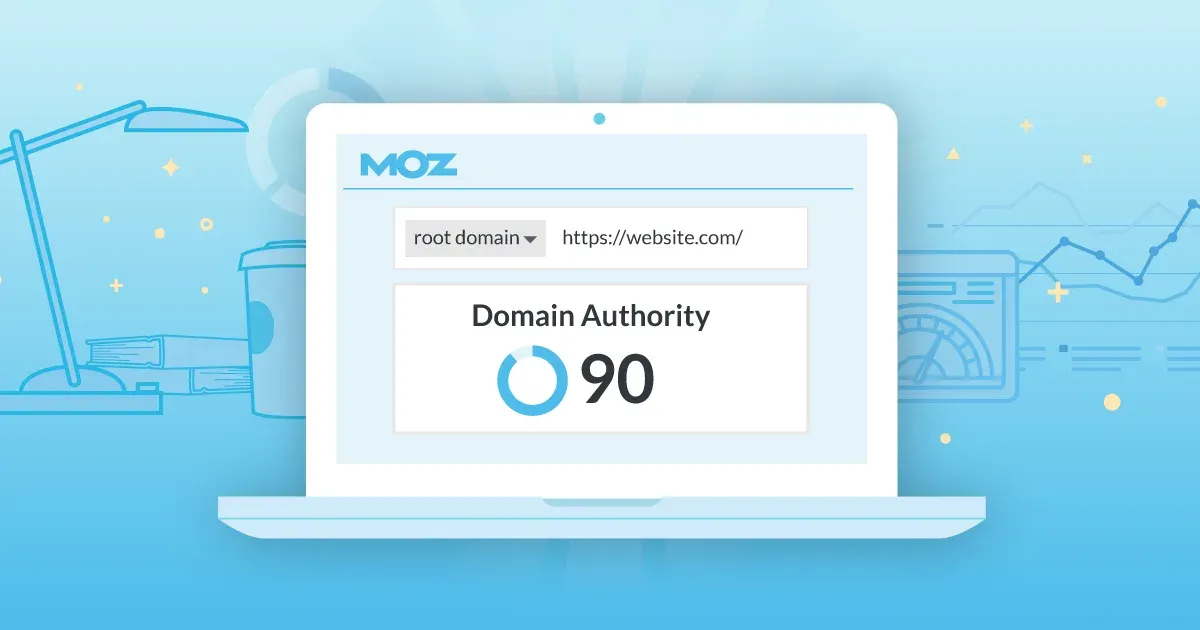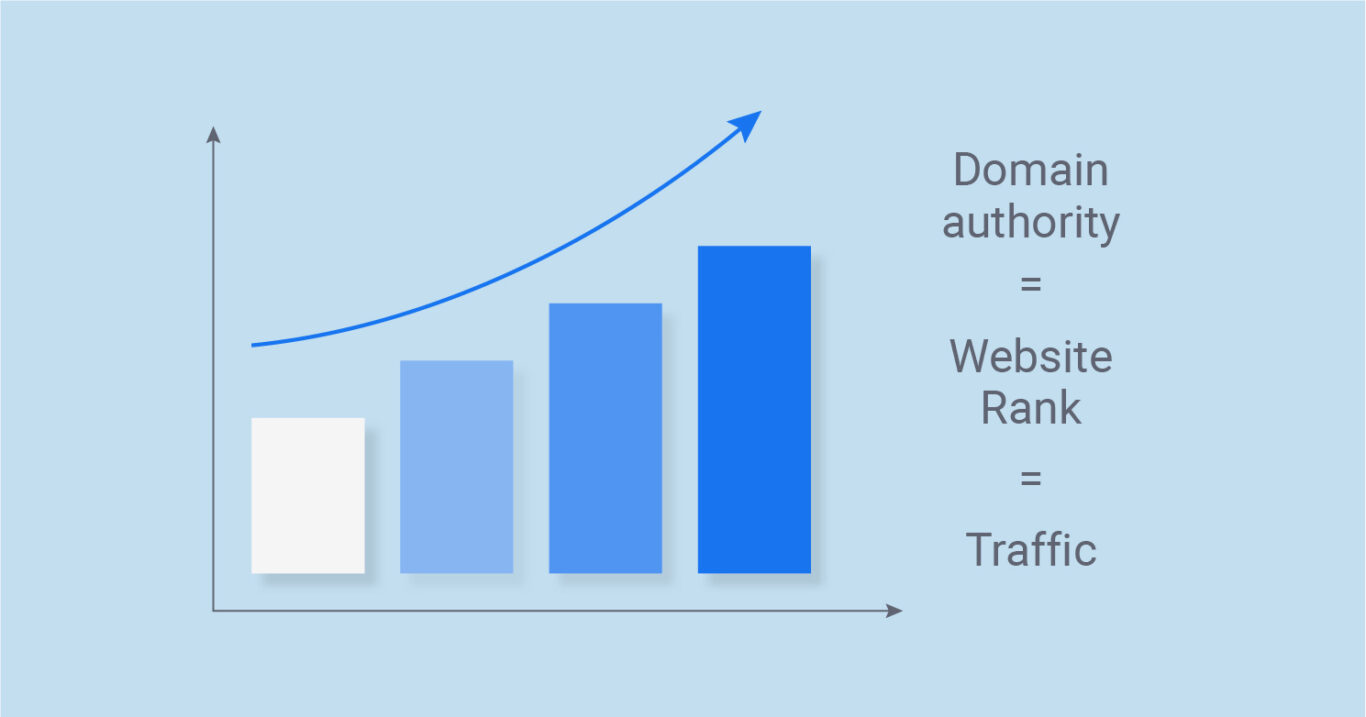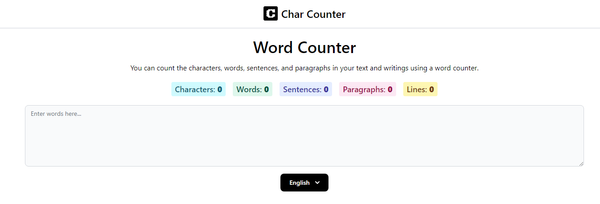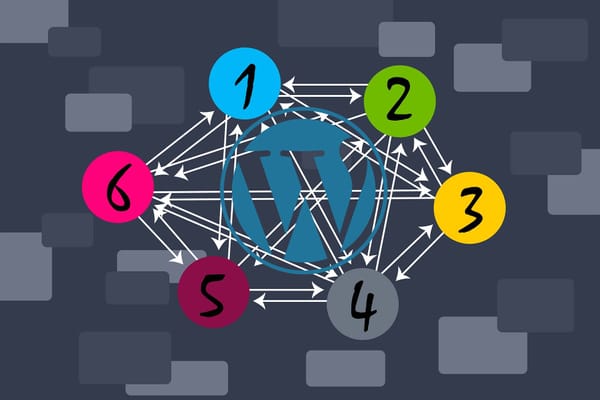What is Domain Authority? How to Increase DA-PA?

In today’s digital landscape, having a strong online presence is crucial for the success of any brand or business. One of the key factors that determines a website’s rank in search engine results is its Domain Authority (DA). Domain Authority, developed by Moz, is a search engine ranking score that predicts the likelihood of a website ranking in search engine result pages (SERPs). In this article, we will delve into the concept of Domain Authority, its importance, how it is calculated, and strategies to increase it.
What is Domain Authority?
Domain Authority is a numerical score ranging from 1 to 100 that indicates the strength and authority of a website in relation to other websites. It is calculated based on multiple factors, including linking root domains and the total number of links pointing to a website. The higher the Domain Authority score, the greater the likelihood of ranking higher in search engine results.
Domain Authority serves as a reliable metric for comparing websites and understanding their search engine performance. It provides insights into the competitiveness of a website’s link profile and helps identify areas that need improvement.
The Calculation of Domain Authority
The calculation of Domain Authority involves evaluating various factors, including the number of linking root domains and the total number of links. Moz’s machine learning model predicts the “best fit” algorithm that correlates their link data with rankings across thousands of actual search results. It is important to note that Domain Authority is not a Google ranking factor and does not directly impact search engine result pages (SERPs).
In early 2019, Moz introduced the Domain Authority 2.0 update, which incorporates machine learning algorithms to predict how frequently Google uses a domain in its search results. This update improved the accuracy of Domain Authority scores. However, it is essential to understand that Domain Authority scores may fluctuate as more data points become available and are incorporated into the calculations.
Importance of Domain Authority

Domain Authority is a valuable metric for website owners and SEO professionals. Here are a few reasons why Domain Authority is important:
- Competitive Analysis: Domain Authority allows you to compare your website’s authority with that of your competitors. By analyzing the Domain Authority scores of your competitors, you can set targets and strive to achieve a higher score, increasing your chances of outranking them in search results.
- Link Building Strategy: Domain Authority helps you assess the quality and relevance of your website’s backlinks. Websites with a higher Domain Authority score are more likely to have authoritative and reputable backlinks. By understanding your Domain Authority, you can develop a targeted link building strategy to improve your website’s authority.
- Track SEO Progress: Tracking your website’s Domain Authority over time enables you to monitor the effectiveness of your SEO efforts. A consistent increase in Domain Authority indicates that your SEO strategies are successful in improving your website’s authority and visibility.
- Partnerships and Collaborations: Domain Authority is often considered by potential partners or collaborators when evaluating the credibility and influence of your website. A higher Domain Authority score can increase your chances of attracting valuable partnerships and collaborations.
Checking Your Domain Authority
To check your website’s Domain Authority, you can use Moz‘s tools such as Link Explorer, MozBar (a free SEO toolbar), or the SERP Analysis section of Keyword Explorer. Moz Pro campaigns, the Moz API, and other SEO and online marketing platforms also incorporate Domain Authority metrics.
If you want bulk da pa checker: https://wmtools.me/da-pa-checker

It is important to note that Domain Authority should be used as a comparative metric rather than an absolute one. The significance of a Domain Authority score depends on the competitive landscape in which your website operates.
Factors Influencing Domain Authority
Domain Authority is influenced by various factors, including:
- Link Profile: The number and quality of backlinks pointing to your website play a significant role in determining your Domain Authority. Websites with a greater number of high-quality and authoritative backlinks tend to have higher Domain Authority scores.
- Link Growth: The growth of your website’s link profile can impact your Domain Authority. If your link profile experiences significant growth, it can positively impact your Domain Authority score. Conversely, if your competitors or high-authority websites gain a substantial number of backlinks, it may result in a decrease in your Domain Authority score.
- Crawling and Indexing: The crawling and indexing process of search engines can affect Domain Authority. If search engines crawl and include more of your linking domains in their index, it can positively impact your Domain Authority. Similarly, if there are changes in the crawling and indexing process, it may result in fluctuations in your Domain Authority score.
- Domain Authority 2.0 Update: The implementation of the Domain Authority 2.0 update in 2019 brought changes to how Domain Authority scores are calculated. The update aimed to better align with Google’s search results. The restructuring and improvements in the calculation methodology led to an average decrease of 6% in Domain Authority scores across all websites.
It is crucial to understand that Domain Authority scores are relative and depend on the comparison with other websites. Therefore, fluctuations in your Domain Authority score can occur due to changes in the overall scale and the performance of other websites.
Increasing Your Domain Authority
Improving your Domain Authority requires a comprehensive SEO strategy. Here are some strategies to help increase your Domain Authority:
- Build a Strong Link Profile: Focus on acquiring high-quality backlinks from authoritative and relevant websites. Conduct a link audit to identify unhealthy or low-quality links and work on removing or disavowing them. Implement link building strategies, such as the skyscraper method, to attract valuable backlinks.
- Create High-Quality and Engaging Content: Develop content that provides value to your target audience. Create informative, relevant, and engaging content that encourages visitors to spend more time on your website. This can help improve engagement metrics and indirectly influence your Domain Authority.
- Optimize On-Page SEO: Implement on-page SEO best practices, including optimizing your website’s meta tags, headings, URL structure, and image alt tags. Improve the overall user experience by ensuring fast page load times, mobile responsiveness, and easy navigation.
- Promote Social Sharing and Engagement: Encourage social sharing of your content to increase visibility and attract potential backlinks. Engage with your audience on social media platforms and build a strong online presence. Social signals can indirectly impact your Domain Authority.
- Guest Blogging and Influencer Outreach: Collaborate with influencers and authoritative websites in your industry through guest blogging and influencer outreach. By contributing high-quality content to reputable websites, you can earn valuable backlinks and increase your website’s visibility.
- Monitor and Track Progress: Regularly monitor your website’s Domain Authority and analyze the impact of your SEO efforts. Use tools like Moz Pro to track changes in your Domain Authority score over time and identify areas for improvement.
Remember, increasing your Domain Authority is a gradual process that requires consistency, patience, and continuous optimization of your SEO strategies.
Conclusion
Domain Authority is a valuable metric for understanding the strength and authority of a website in search engine results. By assessing the Domain Authority of your website and its competitors, you can develop effective SEO strategies and improve your chances of ranking higher. Implementing a comprehensive SEO strategy that focuses on building a strong link profile, creating high-quality content, and optimizing on-page SEO can help increase your Domain Authority over time. Remember to track your progress and adapt your strategies accordingly. With consistent effort and optimization, you can enhance your website’s Domain Authority and establish a strong online presence.




